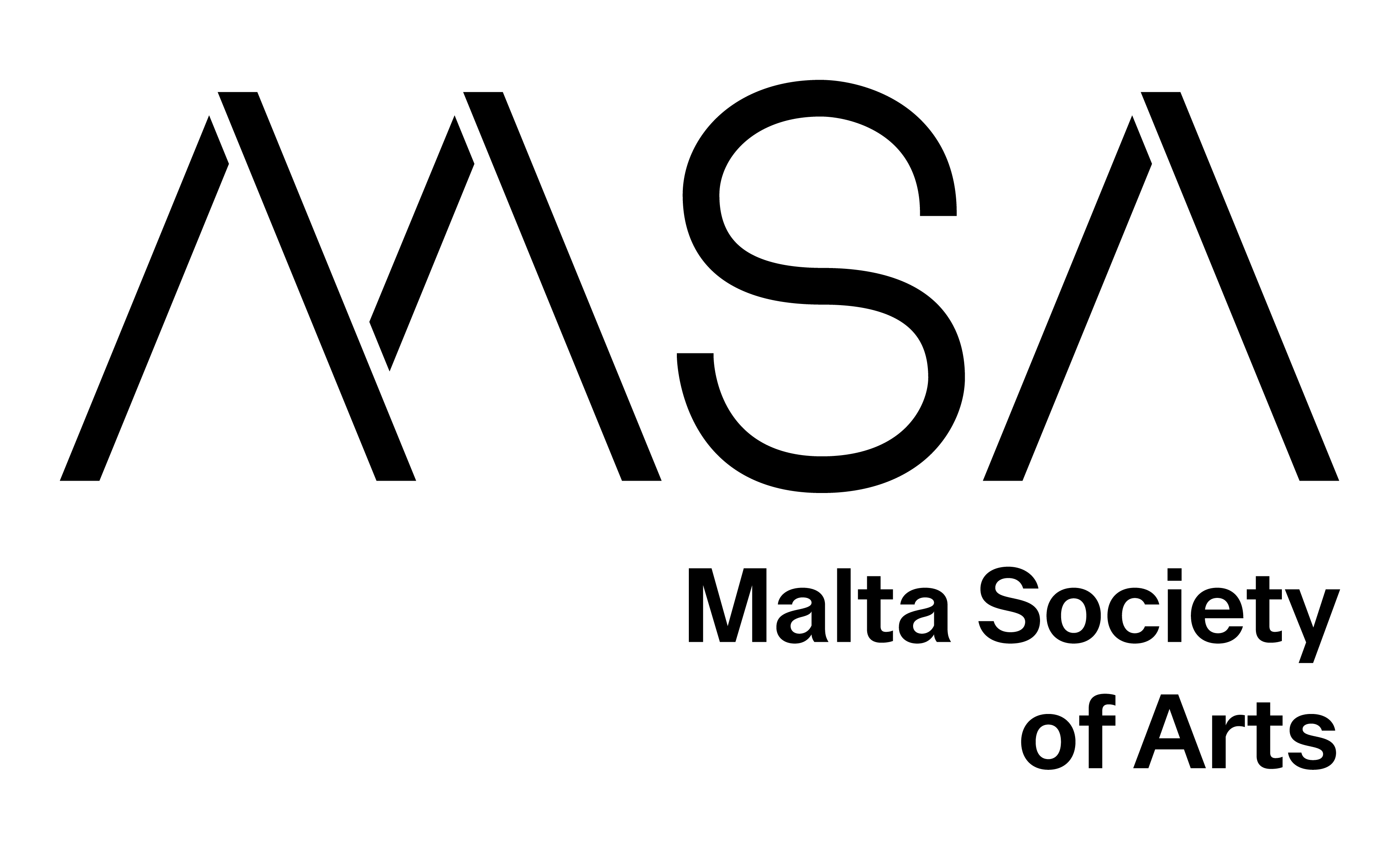The scope of this research is to reflect upon the theoretical, practical and experimental aspects within the realms of speculative philosophy; cybernetic science and biological realities. By blurring the borders between speculation and cybernetics, rulesets for the digital, analogue and natural are repositioned. Using interspecies interactions with computational infrastructures as the core material, this research is a philosophical introduction to fiction as activist and political action, hauntology and fiction realism in regard to contemporary problematics surrounding planetary data storage infrastructures, geopolitics and climate crises. Using sentimentality as both a praxis of meaning-making and a challenge to ‘affective computing’ to explore what the innate sentimentality of infrastructures, both living and non-living might look like. Instead of understanding if cybernetic networks feel like humans, the research questions the philosophical historicisation for such discourse and instead asks, what do humans feel for computers and what ‘sentimentality’ means in a network reality and how the act of caring and science fiction operates as political protest action and how they might save the world from our current paths towards the inevitable event horizon.
Building on Mark Fischer's work and engaging with the texts of Holly Jean Buck and many others, this text confronts what it means to care deeply and to know that caring is both necessary and utterly insufficient. And what the future of fiction and speculative activities requires them to be, to have active agency as it engages with topics such as financial collapse, capitalist infrastructures, geopolitical and sovereign agencies as well as antisocial architectures in social engineering. The text aims to reposition solutionist perspectives through a most-human approach and interspecies infrastructures focusing on anthropocentric realisations and realities whether saving the world might not mean saving the human.
Ekaterina Kormilitsyna is an interdisciplinary researcher and artist working with media, film, technology and philosophy. Her work focuses on network structures; geo-mythologies and world-building in relation to materials, politics, aesthetics and ethics in topics of technology and biology. Ekaterina acquired her Bachelor in Film Studies at Queen Mary, University of London (UK) and a Masters in Research from Cardiff Metropolitan University (UK) and is continuing her education at the Academy of Fine Arts Vienna (AT)
2020: She was a visiting researcher at the TransTech.researchgroup at Plymouth University (UK).
2022/23: She is an artist and researcher in residence at the BioClub Tokyo, as well as a visiting researcher with the “PRIINT” research group at Tokyo University of Arts and also part of the 2023 cohort of the Fabacademy.
2023: She is an affiliate researcher for the MIT Media Lab, Centre of Bits and Atoms.
Back







